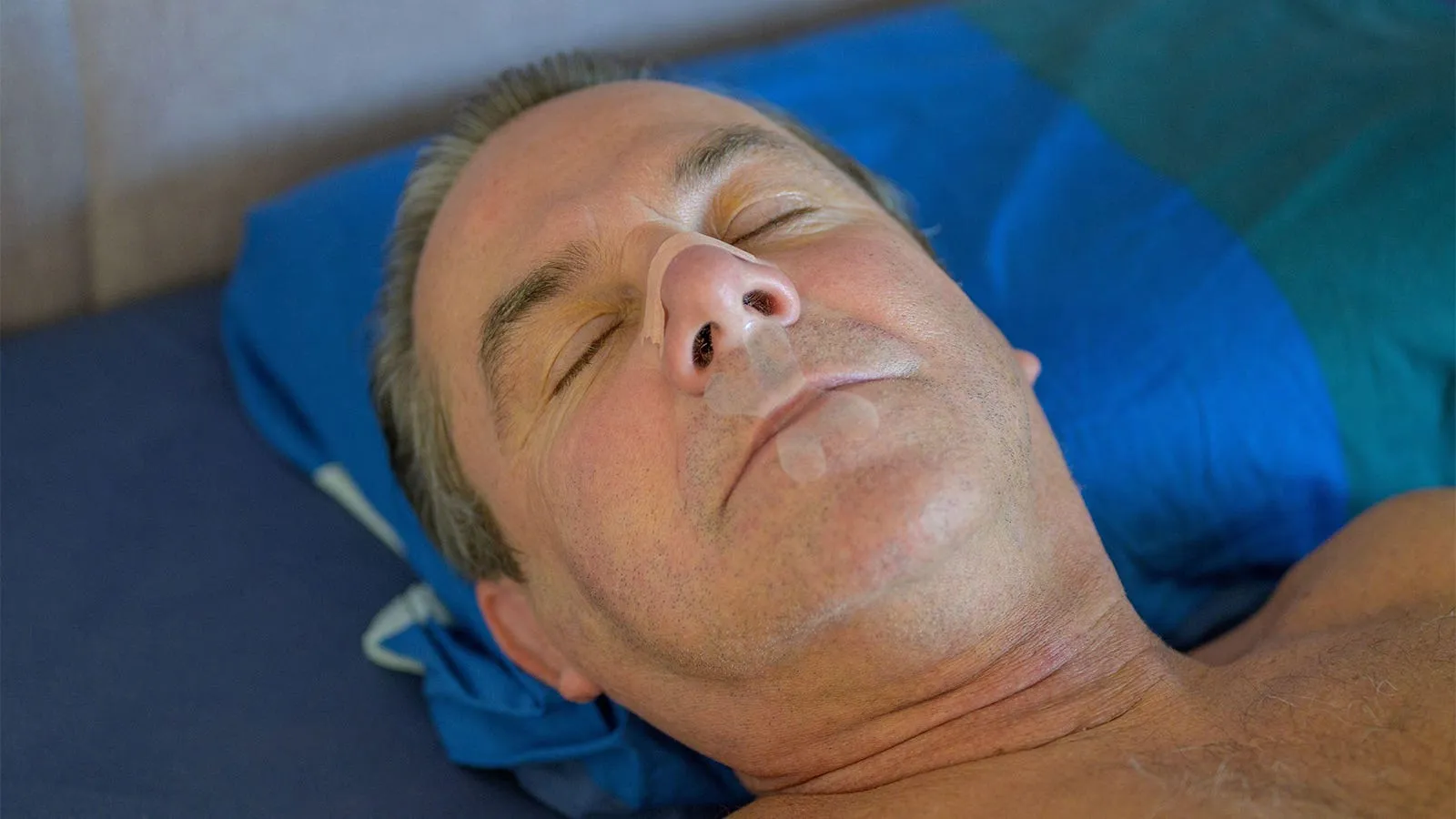Addressing the Concerns of Mouthtape in Treating Sleep Apnea

Mouthtape for Sleep Apnea: The Growing Trend
Mouthtape for sleep apnea has gained traction in recent years, promoted as a DIY solution for better sleep. However, the latest research indicates that this practice may not be suitable for all. A recent study found that mouth closure during sleep can worsen airflow in patients diagnosed with obstructive sleep apnea (OSA).
Potential Risks of Mouth Taping
The findings reveal that while some individuals may experience temporary benefits, others could face significant risks. Among patients with OSA, utilizing mouth tape may hamper breathing and worsen their overall condition. Experts recommend patients consult with healthcare professionals before adopting such practices.
- Understand the risks associated with mouth taping for OSA.
- Consider professional evaluation before using mouth tape.
- Avoid self-diagnosis when it comes to sleep disorders.
For more information on safe sleep practices and effective treatments for sleep apnea, consult healthcare professionals.
Disclaimer: The information provided on this site is for informational purposes only and is not intended as medical advice. We are not responsible for any actions taken based on the content of this site. Always consult a qualified healthcare provider for medical advice, diagnosis, and treatment. We source our news from reputable sources and provide links to the original articles. We do not endorse or assume responsibility for the accuracy of the information contained in external sources.
This article was prepared using information from open sources in accordance with the principles of Ethical Policy. The editorial team is not responsible for absolute accuracy, as it relies on data from the sources referenced.